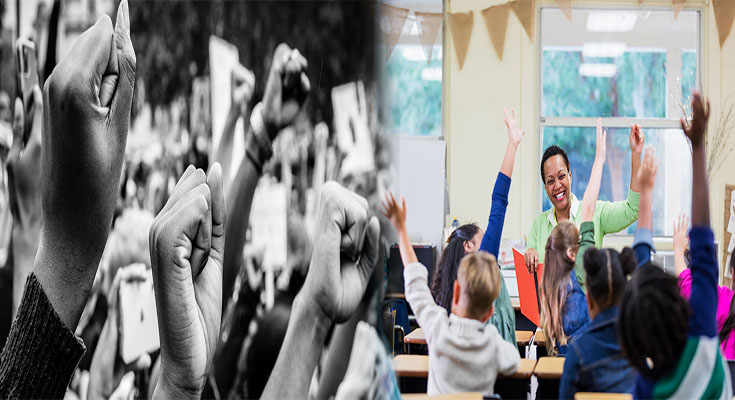Progressive education is a student-centered approach that emphasizes the importance of fostering critical thinking, creativity, and social development. At the core of progressive education is the belief that learning should be a dynamic and interactive process, tailored to individual students’ needs, interests, and abilities. This educational philosophy aims to strike a delicate balance between providing students with the freedom to explore and learn autonomously while integrating necessary structures and support systems to facilitate their growth and development.
Embracing Freedom in Learning
Progressive education encourages the cultivation of a sense of autonomy and independence in students. It emphasizes the importance of allowing learners to take ownership of their education, empowering them to explore their interests and discover their unique talents. This approach values student-led inquiry, project-based learning, and experiential education, providing opportunities for students to engage in real-world applications of their knowledge and skills.
By embracing freedom in learning, progressive educators acknowledge the diverse ways in which students learn and express themselves. This approach also promotes the development of critical thinking, problem-solving abilities, and self-directed learning, fostering a deeper and more enduring understanding of subjects.
Nurturing Structure and Support
While advocating for student autonomy, progressive education also recognizes the significance of providing a supportive and structured learning environment. This involves establishing clear learning objectives, offering guidance and resources, and creating a framework for students to navigate their educational journey.
Nurturing structure in progressive education does not imply rigid or traditional practices; rather, it involves creating flexible structures that adapt to students’ evolving needs. Educators play a vital role in designing curricula that are responsive to individual learning styles and employing assessment tools that provide valuable feedback and promote growth.
Furthermore, creating a supportive community within the learning environment, where students feel safe to take risks, seek help, and collaborate with peers, is an essential aspect of nurturing structure in progressive education. This approach aims to cultivate a sense of belonging and interconnectedness, acknowledging the social and emotional aspects of learning.
Integrating Freedom and Structure: The Ideal Learning Environment
The key to maximizing the potential of progressive education lies in effectively integrating freedom and structure to create an ideal learning environment. By doing so, educators can provide students with the freedom to explore their interests while instilling the necessary support and guidance to help them achieve their academic and personal growth.
This integration involves designing curricula that offer flexibility and adaptability, allowing students to pursue their passions while meeting essential learning objectives. It also requires educators to serve as facilitators and mentors, fostering a culture of inquiry, dialogue, and collaboration, and providing students with the tools they need to thrive.
A well-balanced progressive education model also emphasizes the value of continuous assessment and feedback, ensuring that students receive personalized support and guidance tailored to their specific needs and learning trajectories. By promoting a growth mindset and resilience, educators help students navigate challenges and setbacks, empowering them to develop a lifelong love for learning.
The Benefits of a Balanced Approach
When guided by a balanced approach that integrates freedom and structure, progressive education offers numerous benefits. Students are more likely to develop a sense of agency, independence, and self-motivation, as well as a deeper understanding of the material. They also gain critical skills such as adaptability, creativity, and collaboration, preparing them for success in an increasingly complex and interconnected world.
Furthermore, a well-balanced progressive education approach fosters a positive attitude toward learning, nurtures empathy and understanding, and promotes a sense of social responsibility. Students are encouraged to think critically about societal issues and contribute meaningfully to their communities.
Progressive education, characterized by its emphasis on student-centered learning and holistic development, thrives on the delicate balance between freedom and structure. By empowering students to take ownership of their learning and providing them with the necessary support and guidance, educators can create a dynamic and enriching educational experience that equips students with the skills and mindset needed to navigate the complexities of the modern world.





